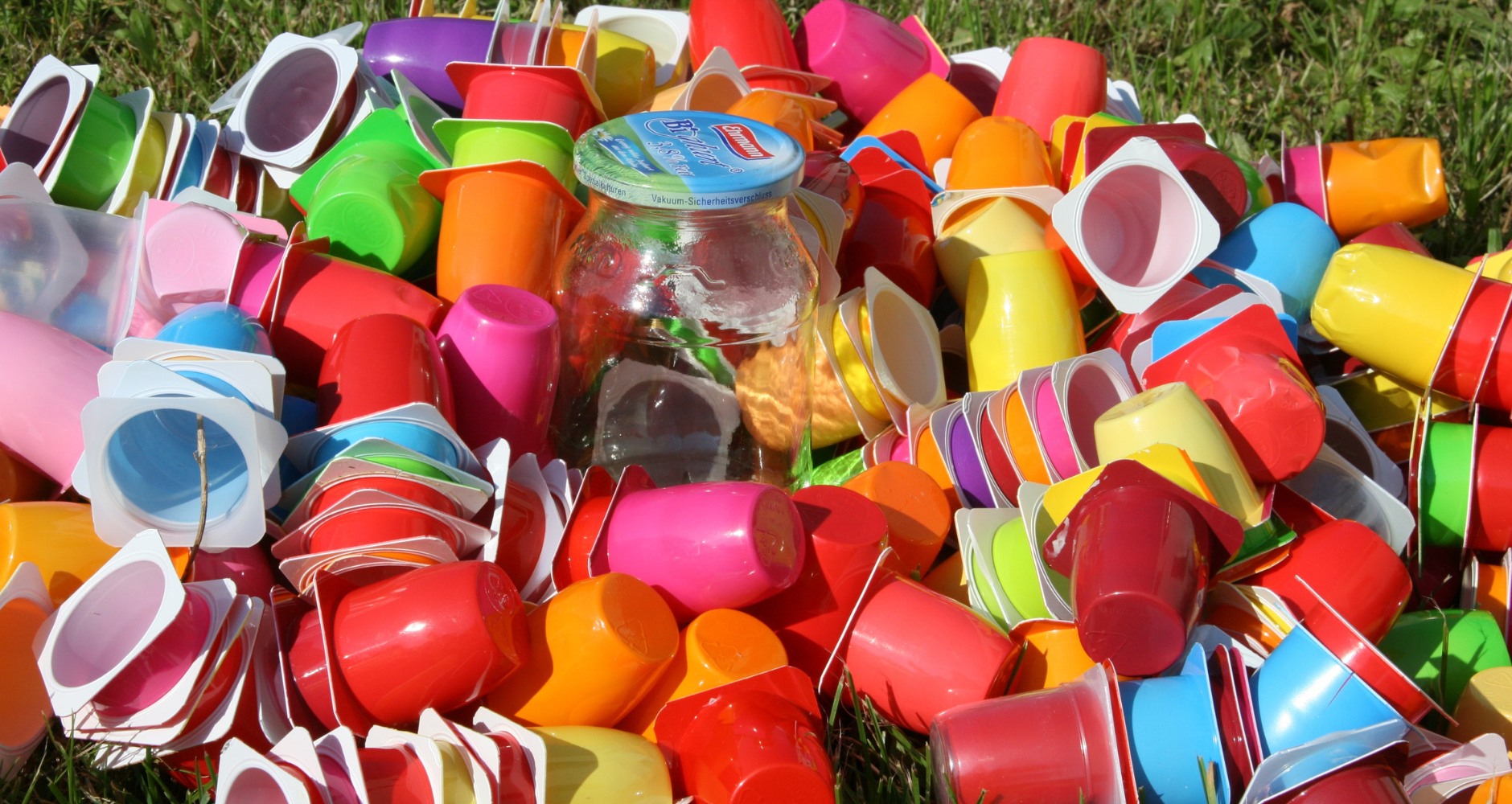Everything You Need to Know About Recycling in Peterborough
Recycling can often seem like a myth. It’s something we are told exists, but possibly don’t know much about. What happens to it once it’s been taken away? Where does it really go?
With the help of Peterborough City Council (PCC) we hope to bust some of these myths and share what you really need to know about recycling.
Our team of BLUEPRINT Champions gathered the most frequently asked questions about recycling and we posed them to Amy Nebel, Senior Waste and Recycling Officer at Peterborough City Council. You can find answers to some of the key questions discussed below or watch back on our webinar.
Why should I recycle? [3:34]
There are many reasons. All are important and reduce the impact of waste on the environment. For example:
- Recycling reduces the need to extract and use raw virgin materials from the ground.
- It protects our environment from waste pollution and resource extraction.
- Recycling saves energy. Products made from recycled aluminium use 95% less energy than new aluminium.
- Recycling has value. It is cheaper to process because recycled material can be sold again. This means PCC currently pays around £4 per tonne to recycle items in the green bin, compared to nearly £100 per tonne to dispose of black bin waste.
What happens to my recycling? [6:55]
Your recycling has a very specific journey in Peterborough:
- Kerbside collectors pick up your recycling
- Recycling is checked, and unwanted items are removed, at the Fengate waste transfer site
- The sorted waste then goes to the Materials Recovery Facility at Waterbeach. All items are sorted by material here.
- The different items are taken to their respective recyclers to be made into new products.
- New (recycled!) products end up back on our shelves!

What is contaminated recycling? [10:08]
Contaminated recycling can mean two things.
Dirty recycling
When a dirty item ends up in your recycling bin – like dirty food packaging, a bottle with liquid still in it, or even a dirty nappy – it can contaminate other items (i.e. make other items dirty too). This can reduce the quality of the recyclable materials and makes it harder to transform them into new products. Food and liquid residues easily damage paper and cardboard so make sure your recycling is clean, dry, and empty before placing it in your recycling bin.
Recycling the wrong things
Council recycling machines are made for small household waste (like paper and plastic packaging), so clothes or small electrical items shouldn’t be put into your kerbside recycling bin. Larger ‘bulky’ waste items, such as hard plastics, clothes, toys and books, should go to your local household recycling centre, clothes banks, or charity shops. You can find places to recycle near you on BLUEPRINT’s RE-Directory. Even better yet, can you repair and reuse them?
Collectors have to check your recycling. Help them out by not putting your recycling into bin bags and keeping it loose.

What can I do to improve my recycling? [28:08]
Top tips for improving your recycling:
- Make sure your recycling items are clean, dry, empty, and loose (no bin bags) before they go in your recycling bin.
- Make use of other recycling services like the household recycling centre. Or you can arrange a bulky waste collection by visiting Small items and bulky waste – Peterborough City Council
- Reuse and repair wherever possible, and most importantly aim to reduce your waste!

To find out more about what happens at the household recycling centre, compostable and biodegradable materials, or the value of recycling, watch our webinar here. Don’t forget to visit the RE-Directory to help you find places to recycle, repair and reuse near you.
PECT are working on the BLUEPRINT to a Circular Economy Project, implementing pilot schemes and events across the city. If you’d like to get involved, we’d encourage you to sign up as a BLUEPRINT Champion here.


